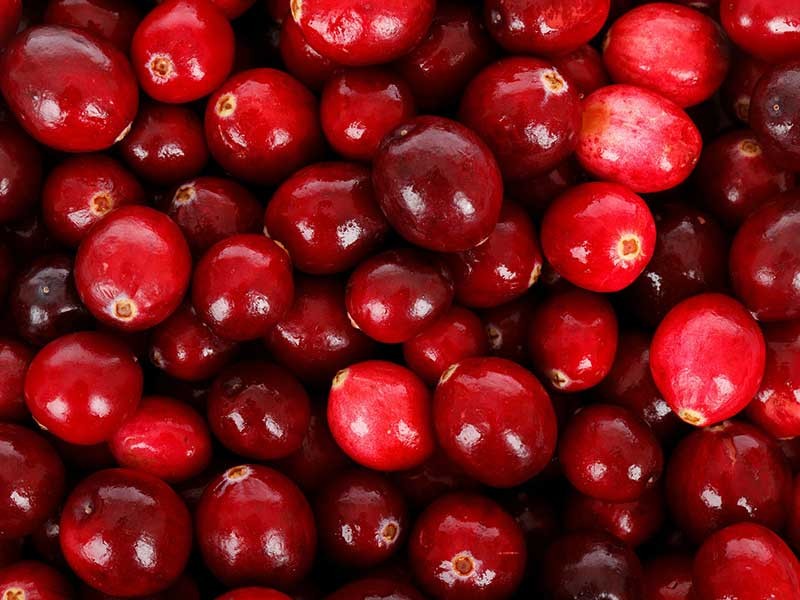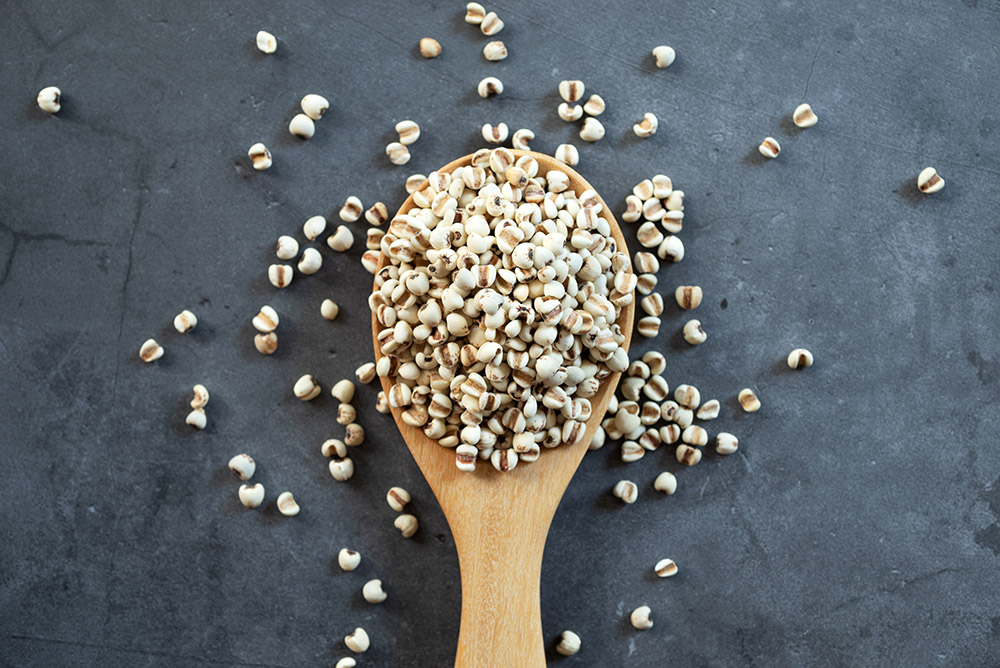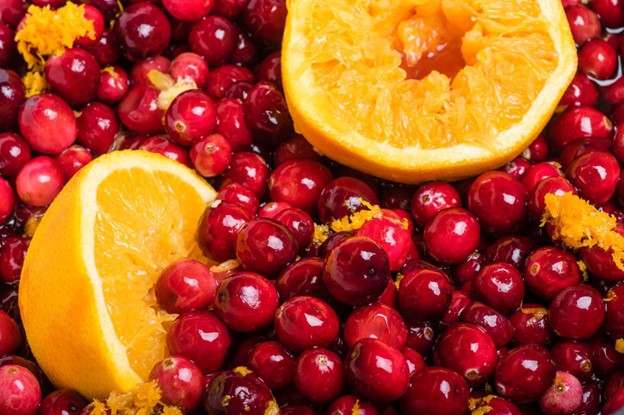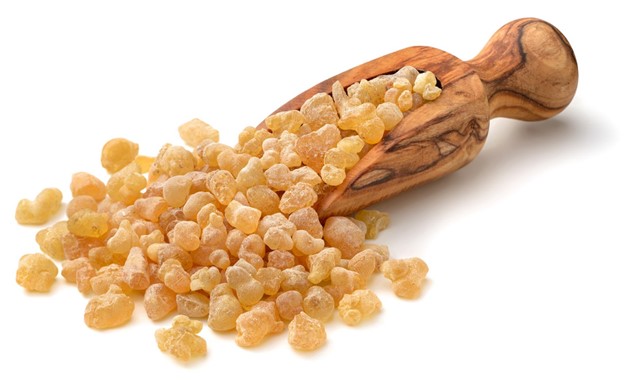Beyond cranberry: 2 More Simple and effective herbal treatments for urinary tract infections

by Michael Tierra
Recently a friend of mine called to say that she had a terrible bladder infection. Her doctor prescribed an antibiotic, but it had no effect; in fact, the infection worsened. She also said she tried drinking cranberry juice, but that had no effect on the condition either.
Cranberry
Women’s bladder infections are one of the most common complaints in the health world, and they probably account for the brisk sales for cranberry (Vaccinium macrocarpon, pictured above) supplements. An article that described 10 randomized controlled trials published by Cochrane Collaboration in January of 2008 concluded that cranberry products may prevent recurrent urinary tract infections in women. I’m sure this helped boost cranberry sales as well as the belief that it can help a woman with a UTI.
I wouldn’t disparage the proven value of unsweetened cranberry juice, but I remember the study only seemed to indicate that it prevented recurrent urinary tract infections. By implication, the public and marketers read “cure” and that is an entirely different realm to consider.
There are flagrant misrepresentations in the marketplace for the use of herbs and various nutritional supplements, but the public also knows that these things, when used appropriately, can work for situations like my friend’s antibiotic-resistant cystitis, when no standard medical procedure or tested natural therapy such as cranberries, do.
But, as I stated above, cranberry didn’t work for my friend, and I bet it doesn’t work for a lot of women who’ve had the same problem. She turned to me and asked what she might do.

I told her about a few other herbs which I know are more powerful for treating bladder infections. I directed her to an uva ursi-based formulation (generally herbal formulas are more effective for more people than are single herbs). Uva ursi (Arctostaphylos uva-ursi, pictured) is not as strong as pharmaceutical-grade antibiotics and does not cause the same side effects.
It works locally, purely with the body fluids, as a urinary antiseptic. It also enhances the liver’s powerful role in treating inflammations. These actions, combined with other herbs in the formula, make for a more positive outcome. I also suggested the use of parsley tea which is an old-time remedy for urinary tract infections, and cherry stems in the specific treatment of urinary tract infections. Planetary Herbals has an Uva Ursi formula.
I think my friend wound up doing a combination of cherry stem tea and the uva ursi formula and within a couple of days her intractable urinary tract infection was gone.

In conclusion, it’s good for the herbal consumer to look to the use of herbs as a first line treatment for most diseases. However, it’s also important that they learn the value of different herbs and supplements in the event that one may not be enough, that, if possible, they educate themselves on the wise use of herbs singly and especially in formulations.

Learn more about how to use herbs to stay healthy in our Home Herbalist Course.






Responses